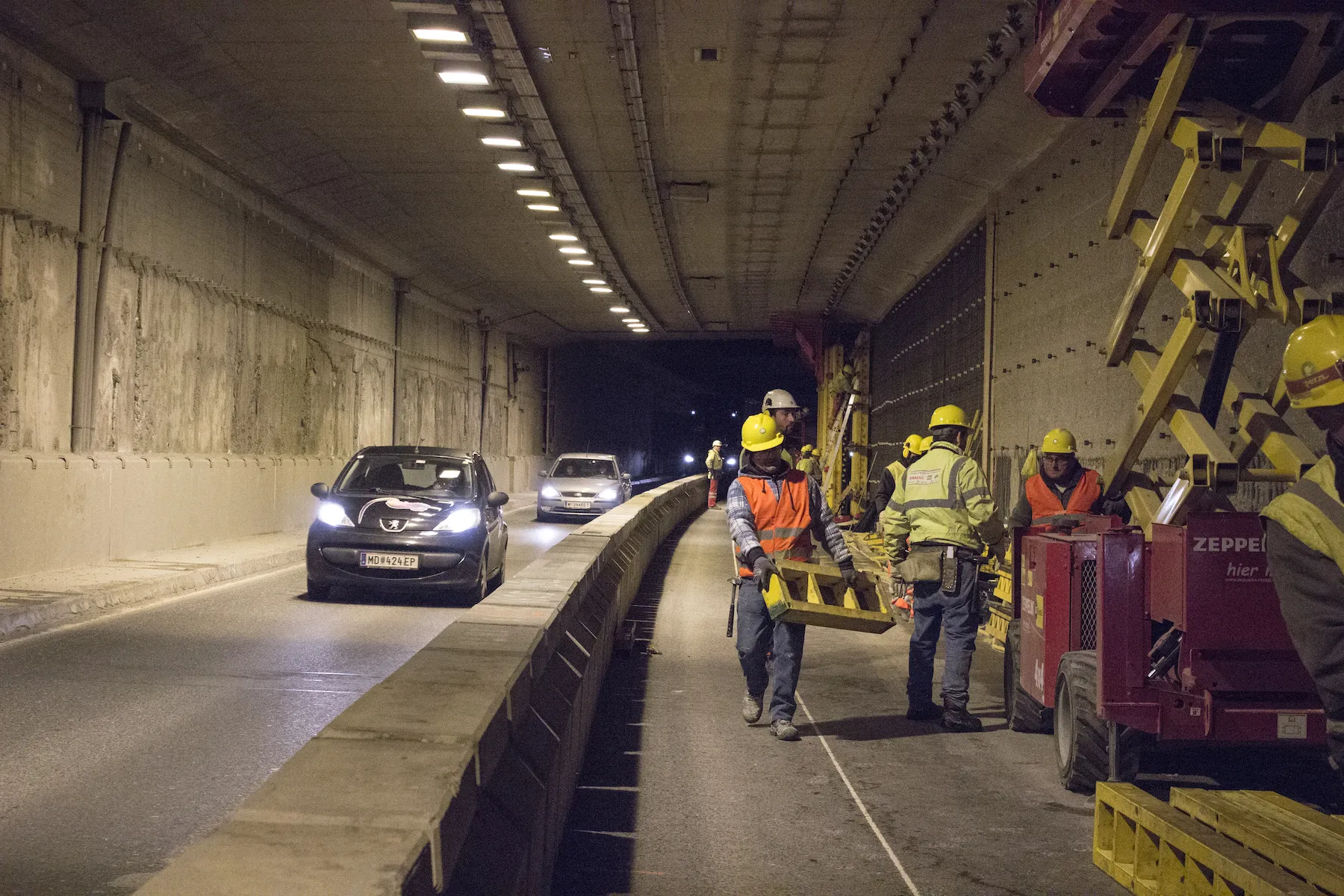An imminent €500million plus cash injection into Northern Ireland transport infrastructure will lead to lower fuel costs, quicker journey times and greater overseas investment, according to the Freight Transport Association (FTA).
March 15, 2012
Read time: 2 mins
RSSAn imminent €500million plus cash injection into Northern Ireland transport infrastructure will lead to lower fuel costs, quicker journey times and greater overseas investment, according to the 3934 Freight Transport Association (FTA). Among Government funded investment will be €125.2million for the A8 from Larne to Belfast. The FTA has been a vocal supporter of long-time plans to dual the congested 14km stretch of single carriageway, which is one of Northern Ireland’s most vital trade routes. Tom Wilson, FTA’s head of policy for Northern Ireland, said: “The A8 is a strategically significant trade route, but one which has lacked capacity to cope with the sheer volume of lorries relying on this route to reach Larne Port. "It is an absolutely essential link in our supply chain between businesses on the island of Ireland and large freight hubs in northern England and Scotland. This funding will go a long way to improve Ireland's connectivity and finally make the A8 fit for purpose." The A8 has been the unfortunate setting for many fatal road traffic accidents owing to the lack of safe overtaking opportunities along it. "Typically, slower-moving agricultural vehicles do cause long tailbacks on this road and motorists do take risks when overtaking tractors, combine harvesters and the like," said Wilson. "Dualling will reduce instances of risky overtaking." This week’s announcement by Sammy Wilson, Minister for Finance, will also see €393.5million spent on upgrading the A5, which links the north west of Northern Ireland to Eire. During his unveiling of the transport infrastructure investment plan, Wilson said: "Better roads and infrastructure will not only encourage investment from overseas and overall connectivity, but also mean lower fuel costs and more reliable journey times, giving hauliers, local businesses and motorists alike a welcome boost."







